From cast to teens, Barbie film’s view on patriarchy resonated

Actor Simu Liu, who played one of the Kens in the Oscar-nominated Barbie movie, experienced a revelation when he first read the script and its commentary about the harm inflicted by patriarchy.
“We all like to think that we’re different, that we’re progressive,” Liu said in an interview with Reuters. “And then we read a scene that calls us out so fully and utterly, that I’m like, ‘Oh yeah, I’m part of the problem.'”
The Barbie movie, which will compete for best picture and other honours at Sunday’s Oscars, generated a chart-topping US$1.4 billion (S$1.87 billion) at global box offices in 2023. Co-written by married couple Greta Gerwig and Noah Baumbach, it also changed some attitudes about men and women.
The film moves between Barbie Land, run by President Barbie and other female dolls, and the Real World — a patriarchy ruled by men who provide few opportunities to women.
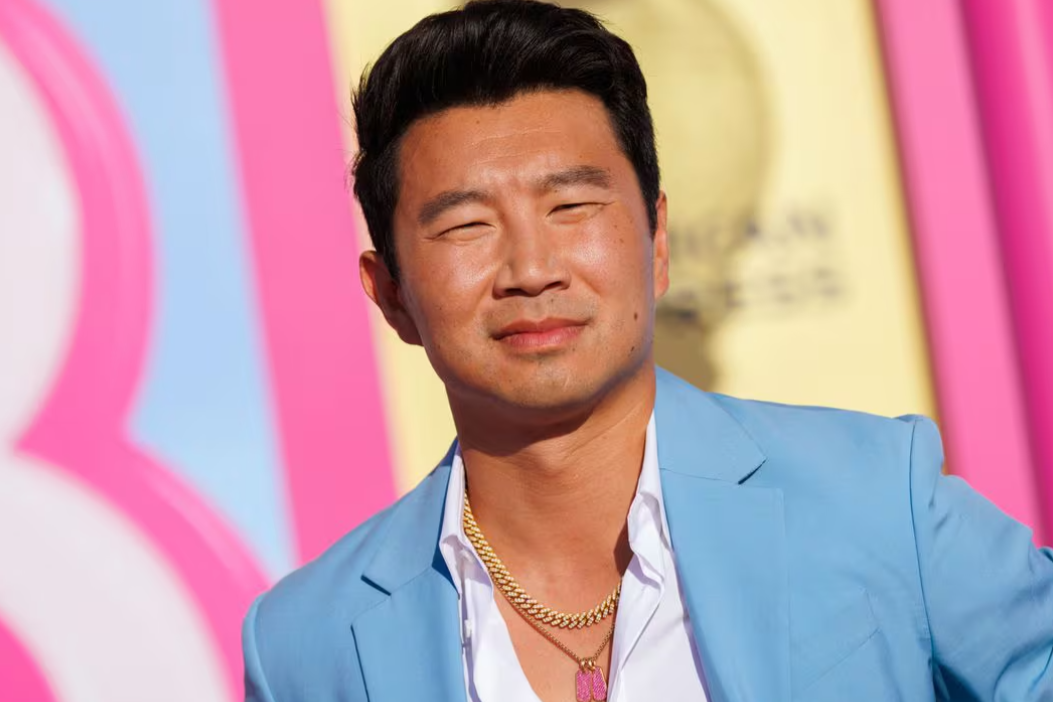
Liu pointed to scenes in which the Kens try to impress the Barbies by playing Matchbox Twenty song Push on guitar while the women stare into their eyes. “I’ll play guitar at you,” Ryan Gosling’s Ken says to Margot Robbie’s Barbie.
“My mind instantly flashed to 19-year-old me in college,” Liu said of the scene. “Yeah, that’s definitely me.”
The actor said he felt the movie’s aim was to show that patriarchy “is just bad for everyone.”
“It affects men because it puts this weird shit in our minds about what we have to be and who we have to be,” he said. “And then, obviously, makes it really tough for women.”
Dr. Ellen Rome, head of adolescent medicine at Cleveland Clinic Children’s Hospital, sought reactions to the film from about 100 tweens, teens and their parents who visited her clinic after the movie came out.
Teens get it
Most of the kids “picked up on how normative society’s patriarchy is, and how it can negatively impact both women and men,” Rome said. “Kids at 11, 12 and 13 got this.”
Boys “saw and could pick up on how inappropriate it was to treat women as objects, or to make negative comments about them,” she said.
The boys also wanted a more empowered Ken, she said.
“That he was an accessory wasn’t lost on the boys,” Rome said. “They wanted Ken to be able to have his own agenda.”
Rome said she appreciated that the movie tackled mental health directly. The “stereotypical Barbie” played by Robbie dealt with depression and thoughts of death and worked her way through it.
“They did beautifully addressing the fact that mental health challenges can affect anybody, and that you can do a hero’s journey to face that depression and figure out how to empower yourself,” she said.
Rome did have some critiques. She said the movie showed little body diversity among the Barbies or the Kens. There were no Kens with obesity, for example.
And, the “weird Barbie” played by Kate McKinnon, “is valued but isolated,” Rome said.
Barbie maker Mattel Inc said its consumer research showed that 87 per cent viewed the Barbie brand as empowering for girls after the movie’s release, and 80 per cent said the brand “showcased body diversity.”
One outside survey found the film altered some perceptions about men and women in the workplace.
Resume Builder, a website for job seekers, commissioned a poll of 300 Americans who had seen Barbie. Fifty-three per cent of all viewers said the film improved their opinion of women in the workplace, and 63 per cent of men said the film made them more aware of the partriarchy at work.
Actor Ariana Greenblatt, who played a Barbie-sceptical teen in the film, said girls have thanked her for putting a spotlight on the issues they face.
“I think people will look at things differently forever,” she said. “And that’s the coolest thing in the world. Hopefully we change the journey of society.”




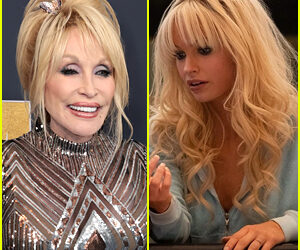
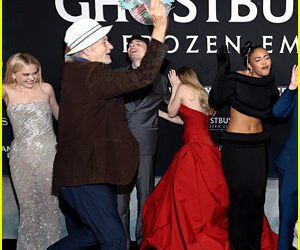

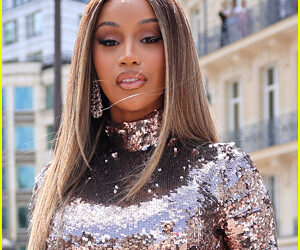

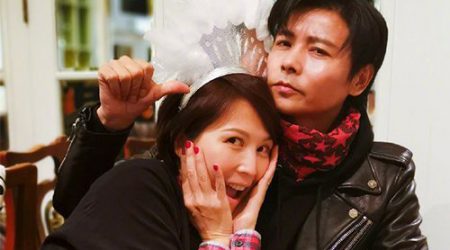


Leave a Reply